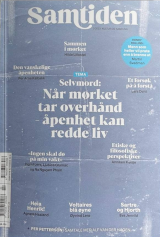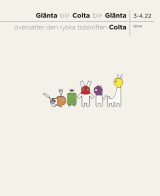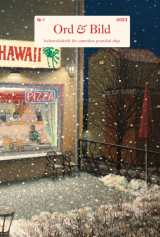Filosofisk punk rock opera
Slavoj Zizek i samtale med Kjartan Fløgstad og Espen Søbye
Dei verkelege heltane i dag er reserveoffiserane i den israelske hæren som nekta å lyda ordrane dei fekk, og helikopterpilotane som flaug over flyktningleiren i Jenin og fekk ordre om å fyra av rakettane sine, men som nekta av di dei berre såg sivile mål. Det er enkelt å vera helt med sitt eige land, men vanskeleg å vera helt mot sitt eige land. Eg ser berre desse som heltar i dag, dei som ikkje følgjer sitt eige land, men som handlar mot sine eigne land, seier Slavoj Zizek.


